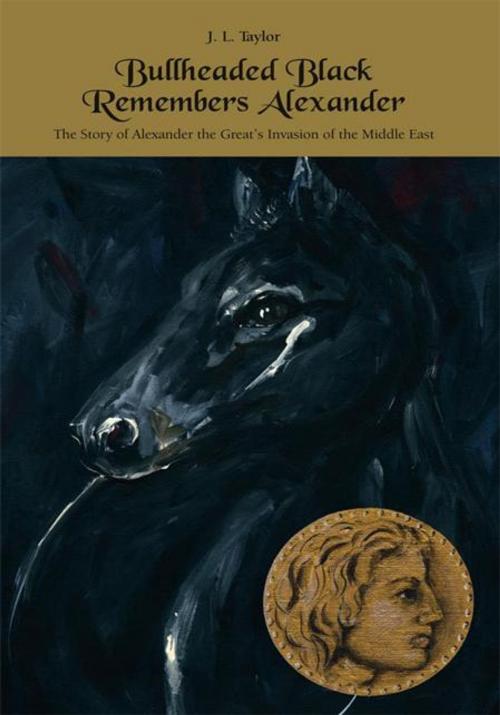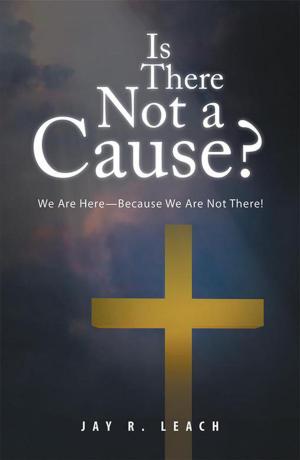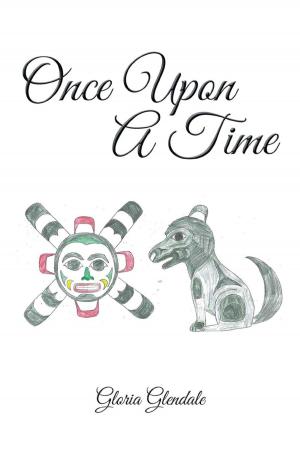Bullheaded Black Remembers Alexander
The Story of Alexander the Great's Invasion of the Middle East
Fiction & Literature, Historical| Author: | J. L. Taylor | ISBN: | 9781412225519 |
| Publisher: | Trafford Publishing | Publication: | June 2, 2006 |
| Imprint: | Trafford Publishing | Language: | English |
| Author: | J. L. Taylor |
| ISBN: | 9781412225519 |
| Publisher: | Trafford Publishing |
| Publication: | June 2, 2006 |
| Imprint: | Trafford Publishing |
| Language: | English |
Before there was Islam, there was Alexander. Before there was Christianity, there was Alexander. This is the story of Alexander the Great's invasion of the Middle East and of his astonishing effort to unite the civilized world under a central government designed to promote peace and international trade. This is the story of one man's courageous determination to advance freedom of religion and racial equality in Egypt, Mesopotamia [Iraq today], Asia Minor [Turkey], Persia [Iran], and Bactria [Afghanistan].
Why let Bucehpalus, or Oxhead (the horse Alexander rode during the ten years of the conquest) tell this story? Because by using the famous stallion (or Bullheaded Black, as I call him) as the narrator, it allows me to cut the story to the bone, to cover the main facts of Alexander's life, but also to inject a little common sense, or horse sense, if you will, about the major influences upon Alexander's ideas and motivations: the obvious influence, for example, of his father and mother, and the less obvious influence of Aristotle, who was his personal tutor for three or four years when Alexander was a teenager.
This is a basic story: basic biography, basic world history, and basic geography. This is also the story of Alexander's idea for a better world. His dream perished with him in Babylon, when he unexpectedly died in 323BC at the tender age of 33. In fact, a comprehensive dream like his, incorporating religious freedom and racial equality, did not flower profusely again until 1776 in America, and did not shoot promising tendrils forward again in Iraq and Afghanistan until the United States of America's preemptive strikes in the 21st Century. What would Alexander say to us today about disputes over religion and the various gods of the world's great faiths? Read this book! You will be surprised!
Before there was Islam, there was Alexander. Before there was Christianity, there was Alexander. This is the story of Alexander the Great's invasion of the Middle East and of his astonishing effort to unite the civilized world under a central government designed to promote peace and international trade. This is the story of one man's courageous determination to advance freedom of religion and racial equality in Egypt, Mesopotamia [Iraq today], Asia Minor [Turkey], Persia [Iran], and Bactria [Afghanistan].
Why let Bucehpalus, or Oxhead (the horse Alexander rode during the ten years of the conquest) tell this story? Because by using the famous stallion (or Bullheaded Black, as I call him) as the narrator, it allows me to cut the story to the bone, to cover the main facts of Alexander's life, but also to inject a little common sense, or horse sense, if you will, about the major influences upon Alexander's ideas and motivations: the obvious influence, for example, of his father and mother, and the less obvious influence of Aristotle, who was his personal tutor for three or four years when Alexander was a teenager.
This is a basic story: basic biography, basic world history, and basic geography. This is also the story of Alexander's idea for a better world. His dream perished with him in Babylon, when he unexpectedly died in 323BC at the tender age of 33. In fact, a comprehensive dream like his, incorporating religious freedom and racial equality, did not flower profusely again until 1776 in America, and did not shoot promising tendrils forward again in Iraq and Afghanistan until the United States of America's preemptive strikes in the 21st Century. What would Alexander say to us today about disputes over religion and the various gods of the world's great faiths? Read this book! You will be surprised!















